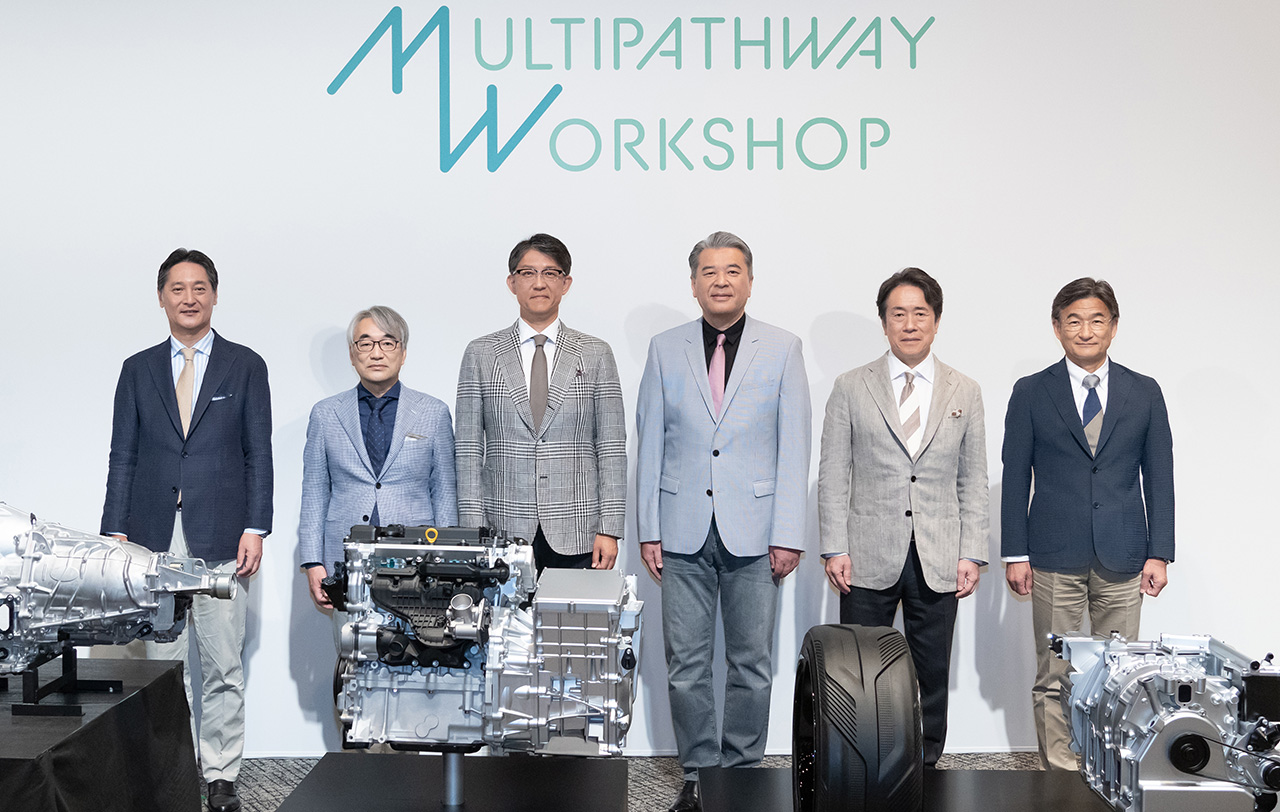Toyota, Mazda, and Subaru held a joint conference in Japan to detail their plans, which include different approaches for each manufacturer while sharing a common goal of making more efficient engines compatible with carbon-neutral fuels.
Toyota will focus on developing new inline-four engines known for high thermal efficiency. On the other hand, Mazda is taking a unique approach by pursuing advancements in rotary engines, which will also serve as generators in electric vehicles (EVs). Subaru continues its innovation with horizontally opposed 'boxer' engines and has introduced a next-generation hybrid system showcased in a camouflaged prototype of the Crosstrek.
The trio plans to utilize liquid hydrogen, biofuel, and synthetic fuel to support their visions for carbon neutrality. Their engine samples were an essential part of the display at the conference. Mazda featured both single and dual-rotor engines designed for high versatility in future EV applications. Likewise, Toyota unveiled 1.5-liter and 2.0-liter engines.
Despite their collaborative efforts, Toyota, Mazda, and Subaru stated that they would maintain their competitive edge in the market. They emphasized that this co-operation does not blur the lines of competition but rather pools resources to pioneer smaller, more efficient engines that could redefine future vehicle designs—especially affecting vehicle aerodynamics by enabling lower hoods.
Their strategy outlines ambitious performance enhancements making future cars potentially more enjoyable to drive while integrating motors, batteries, and other electric drive components seamlessly into next-gen combustion models.
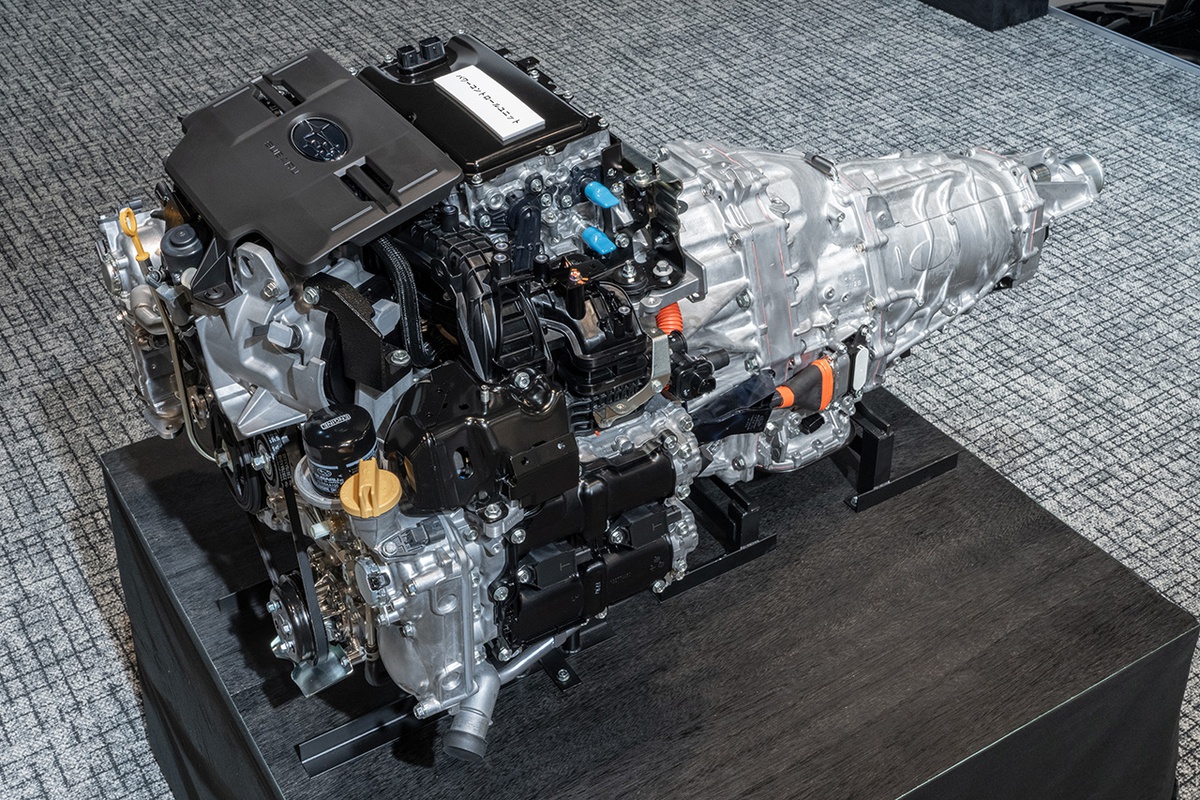
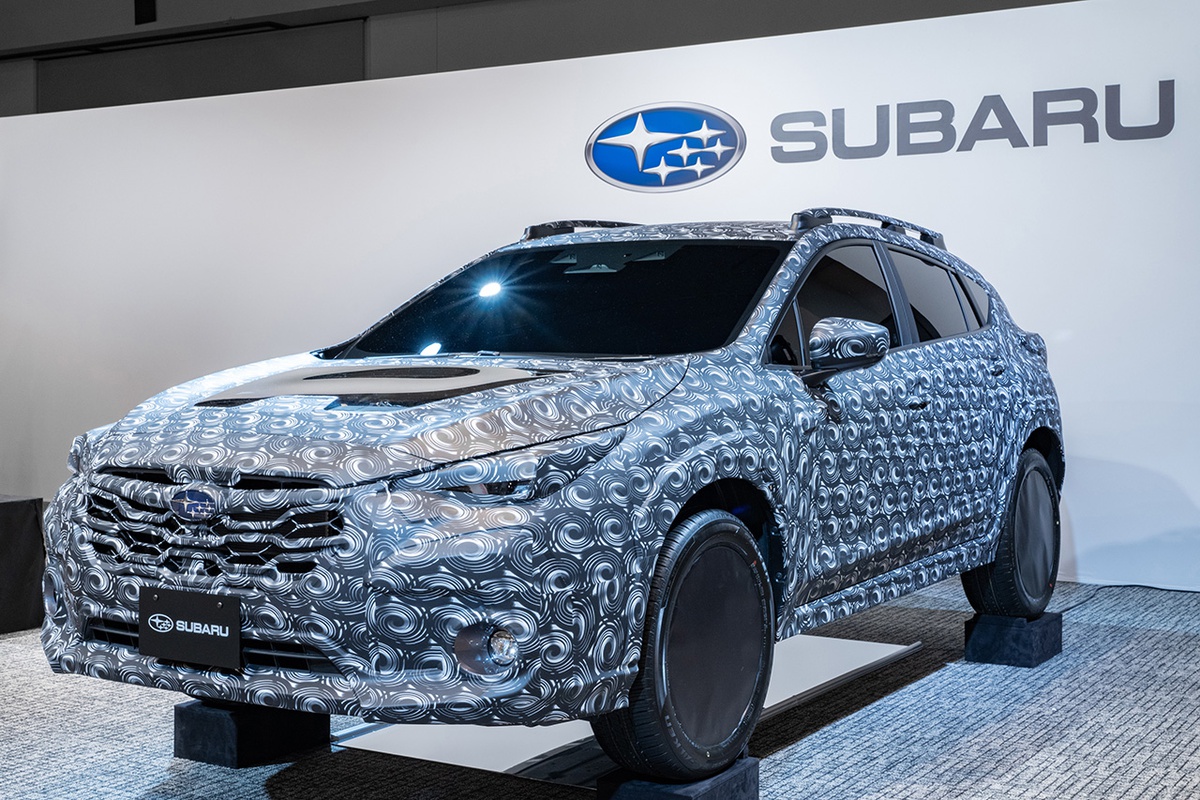
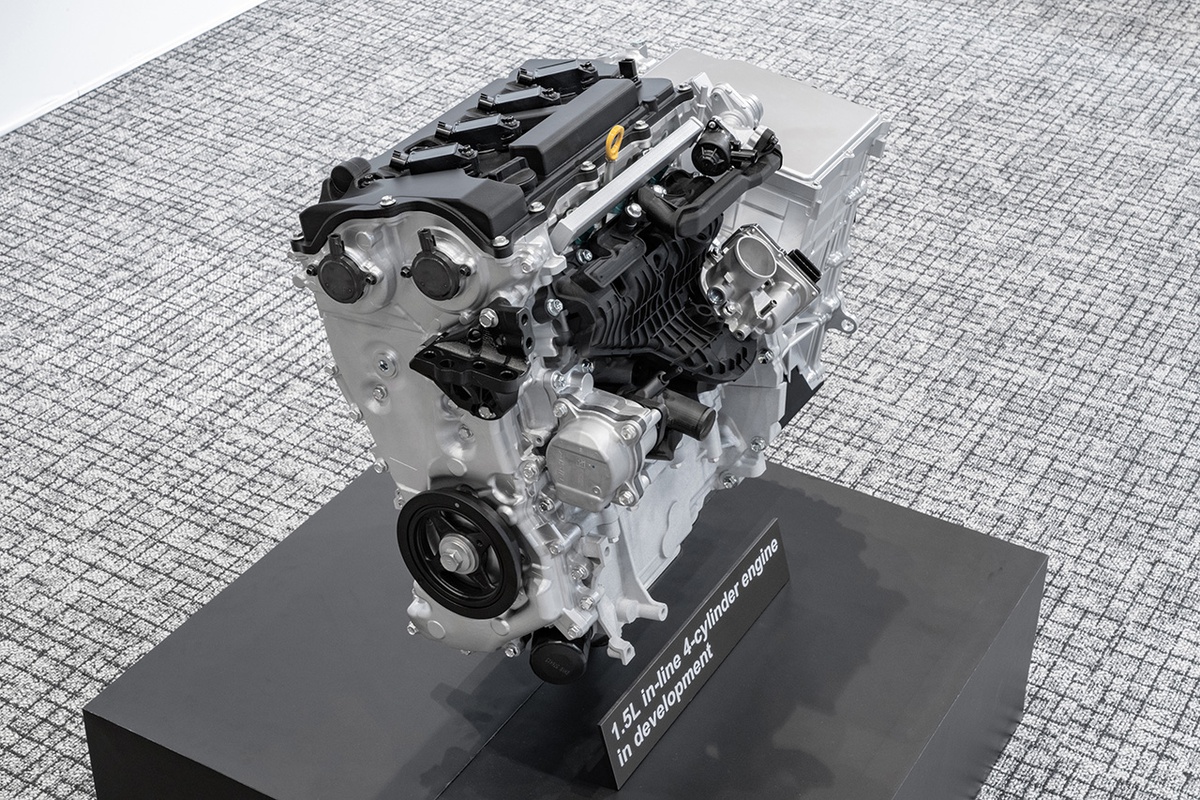
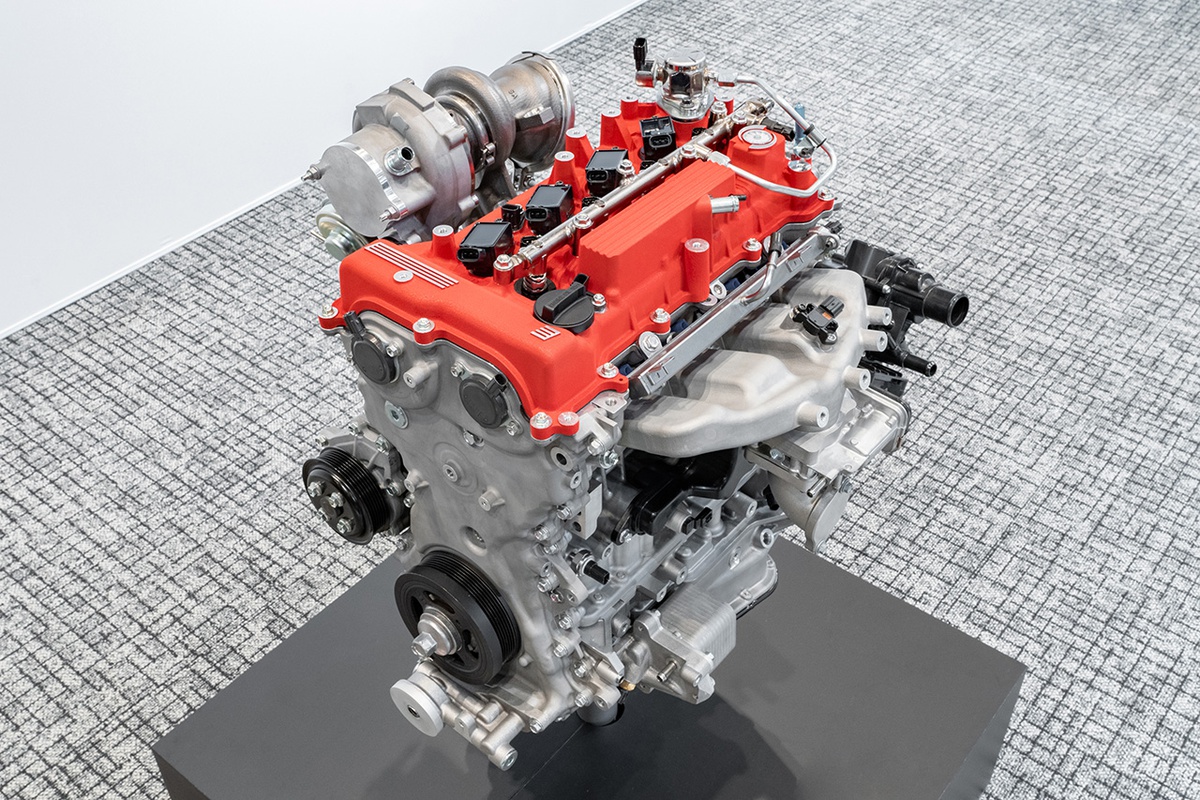
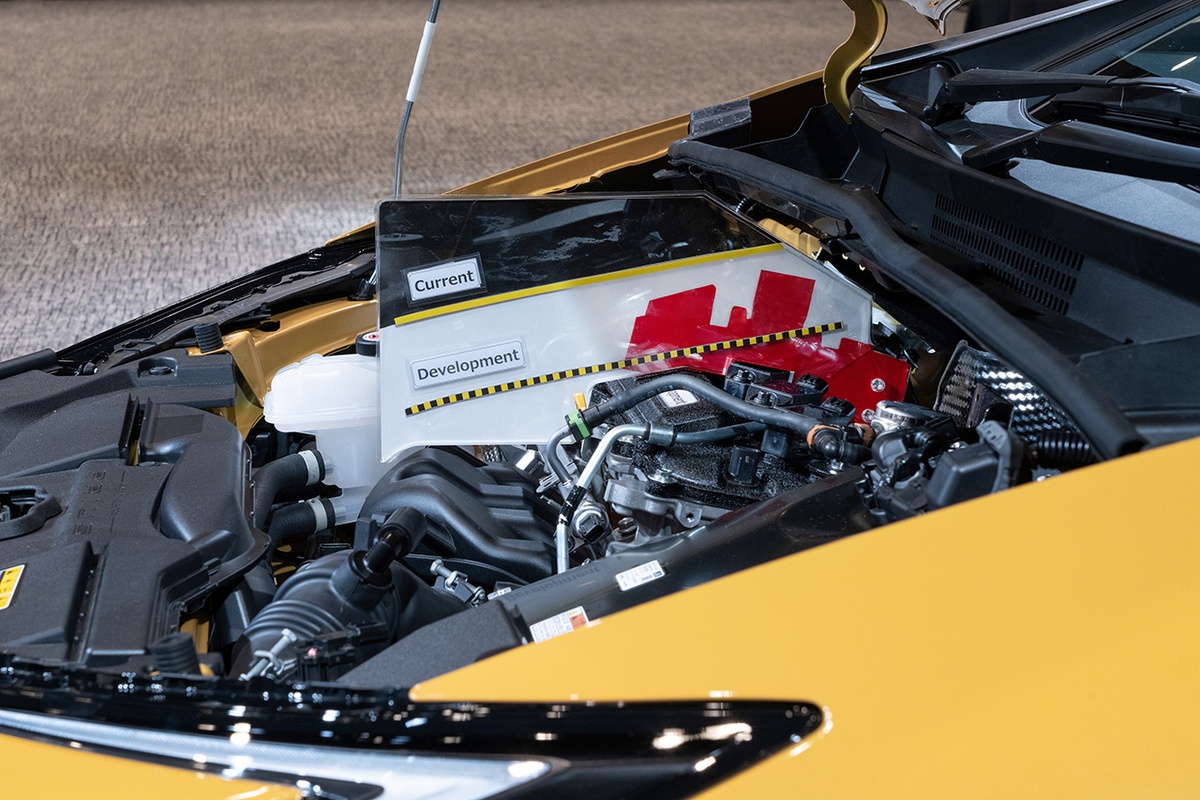
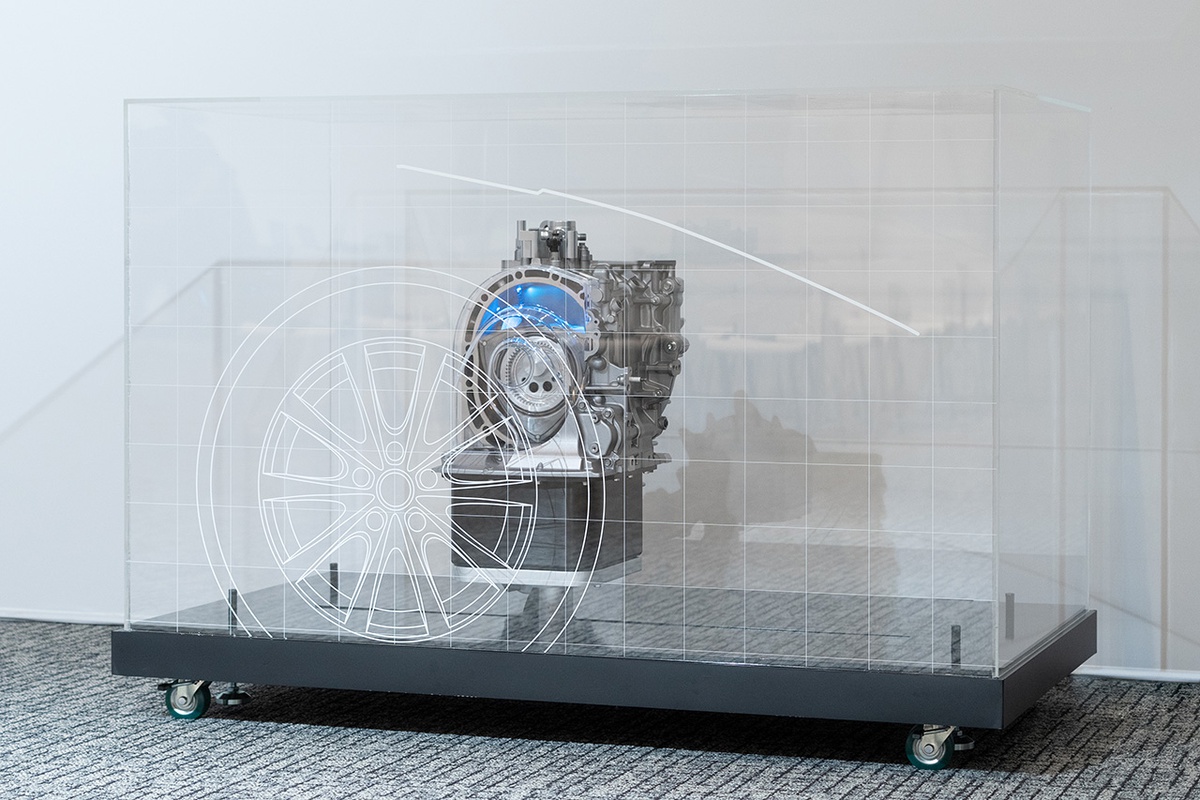
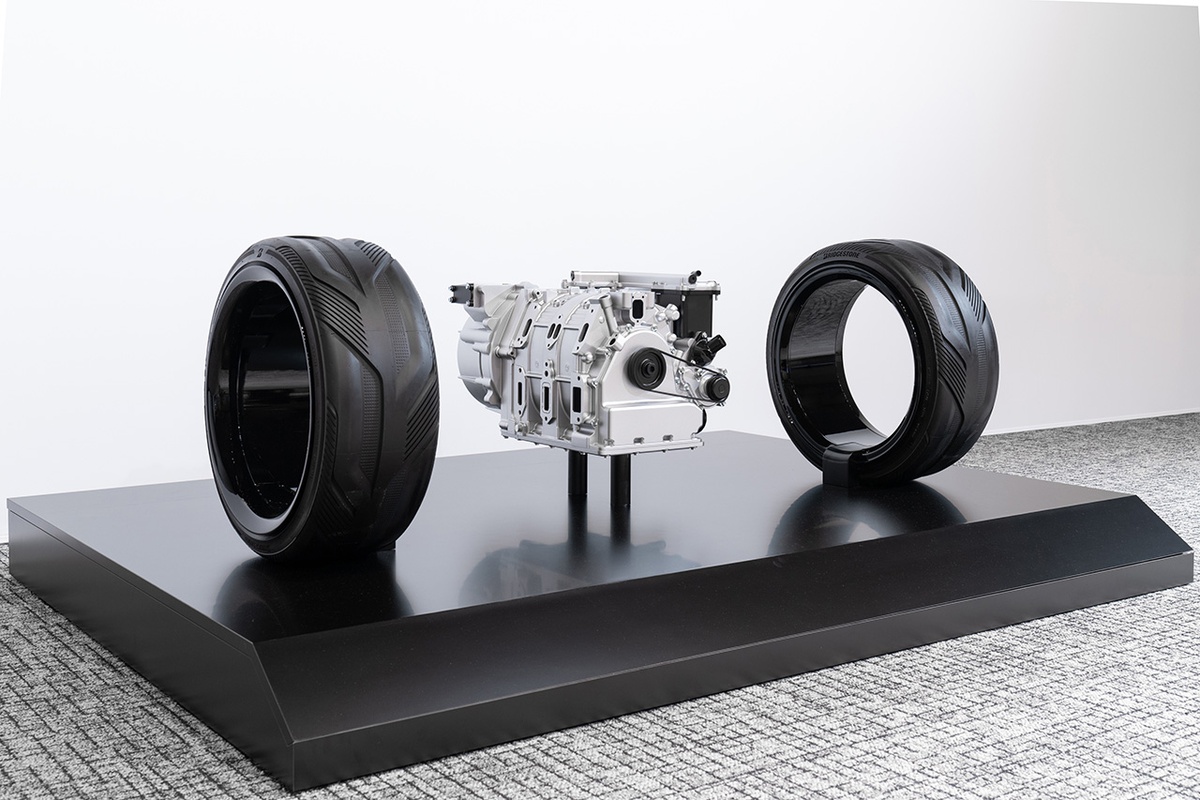
Source: Toyota
